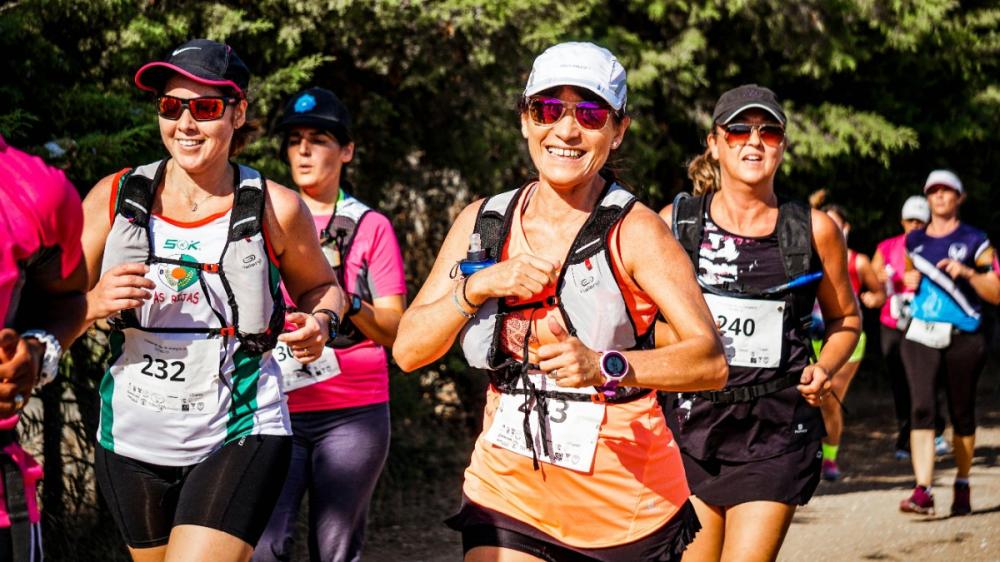search
date/time
 | Cumbria Times A Voice of the Free Press |
12:00 AM 18th October 2025
lifestyle
Sports Nutritionist Shares Hydration Tips For Race Day Running

Photo by RUN 4 FFWPU: Pexels
James Morehen, sports nutritionist and hydration expert at the electrolyte brand Vidrate, shares his advice on how to stay hydrated before, during and after a race.
Before the race
James says: “Think of race week as a hydration warm-up. It’s essential to pre-hydrate your body in the days leading up to it. You can do this by consistently drinking around 2 litres of water per day and adding electrolyte drinks to the mix. Electrolytes help your body absorb fluid more efficiently, replace the salts lost through sweat, and support muscle function.
“You can check if you are getting enough water by monitoring your urine colour. You should aim for a pale-yellow colour, if it’s darker than that you likely need to consume more water.
“However, in the 4 hours before the start time, you should try to consume a little less water as too much right before could lead to stomach issues that will hinder your performance.”
During the race
James explains: “During the race, you can sip on water to help keep you hydrated throughout; however, it is important not to overdo it. The general rule for water consumption during a race is a minimum of 50ml every 20 minutes, up to a maximum of 250ml every 20 minutes. The exact amount will vary for each runner, and will all be down to personal factors such as weight, height and sex.
“If you feel like you need to consume more than this, opting for an electrolyte sachet in your water can help enhance hydration without forcing you to chug excess water, which could make you feel unwell.”
After the race
James shares: “If you feel dehydrated after a race, the instinct is to drink large volumes of water really quickly to help you stop feeling the effect of dehydration. However, drinking large volumes of water in a short amount of time can actually be detrimental and cause other problems, such as nausea or even vomiting, due to the levels of sodium in your system diluting down to dangerous levels.
Alternatively, it is best to sip on water over a longer period of time to prevent your sodium levels from diluting. Another way to rehydrate post-race is by drinking a glass of milk, this is due to it’s rehydration and muscle recovery properties as it has boasts well-balanced nutritional content.”
Always be adaptable
James adds: “The tips shared should be treated as a guide and all advice should always be tweaked based on additional factors such as personal needs and weather.
“The best way to understand your personal needs is by doing a sweat test, this involves weighing yourself before going on a run for an hour at your race pace, and then weighing yourself after the run, making sure to use the toilet before weighing yourself. You can subtract your post-run weight from pre-run weight and then convert it into grams. One gram is equivalent to one millilitre so the calculation will tell you how much fluid you have lost.
“Additionally, if it is a particularly hot day you will need to consume more water during the race as well in the lead up to it. This is also relevant on the flip side, if it is a colder day, you may not need to consume as much water as you thought you would. Ultimately, hydration is about balance. Listen to your body, adapt to the conditions, and you’ll give yourself the best chance of crossing the finish line strong.”